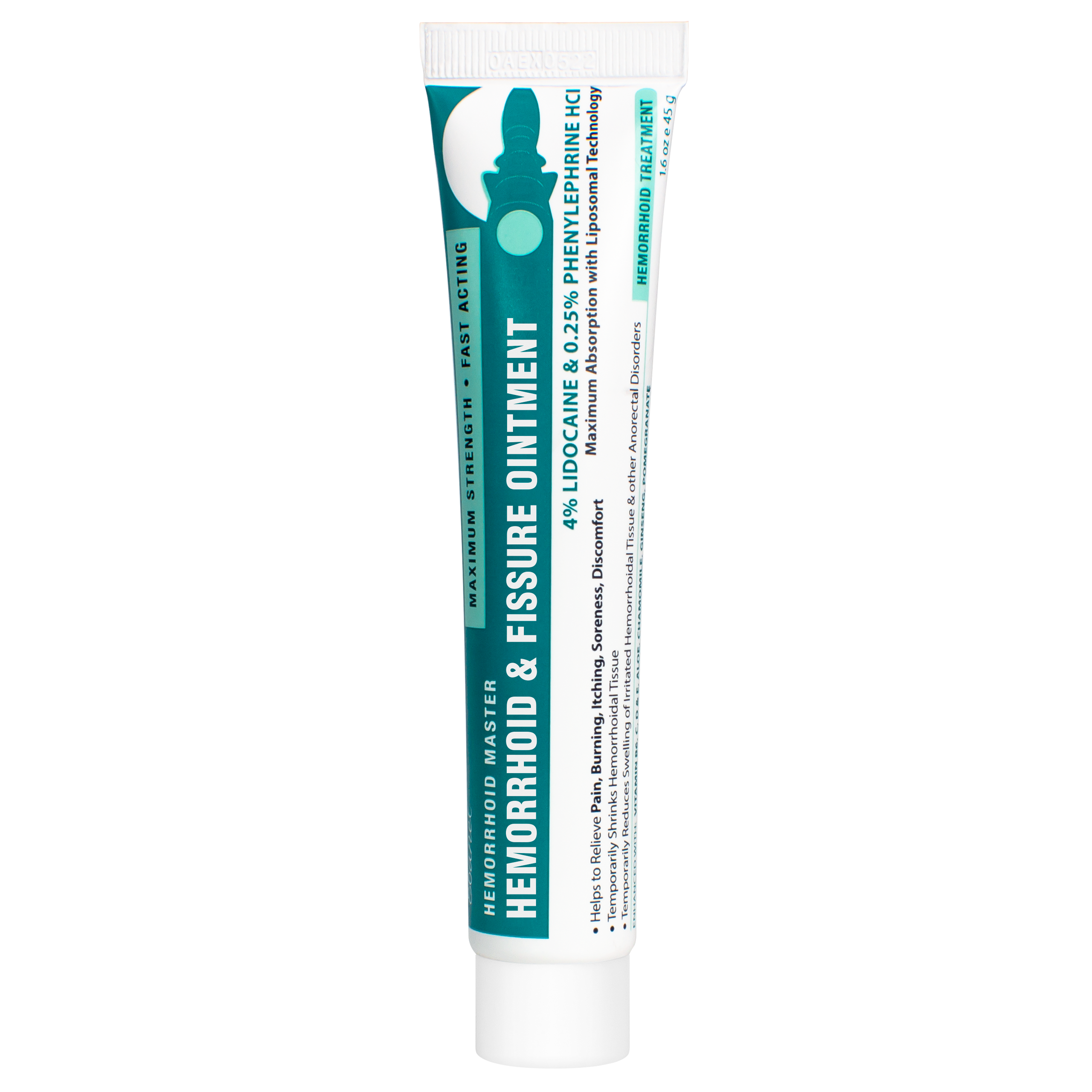
Lidocaine is a drug you've likely come in contact with, even if the name isn't familiar to you. It's very commonly used in dental procedures as a numbing agent, so if you’ve ever had a cavity that needed a filling or had a tooth pulled, you’ve likely experienced the numbing effects it is known for.
Lidocaine is a local anesthetic, which is basically a fancy way of saying that it will numb the part of the body that it's applied to.

You might be wondering how rubbing something on your skin can cause the area to go numb, or maybe even why you would want to numb a part of your body in the first place.
Lidocaine works by blocking the signals your nerves send to one another.
When part of the body is damaged or when there is some kind of irritant present, our nerves send a signal to our brain to let it know something is wrong.
These signals are what we interpret as pain, itchiness, etc... By partially or completely blocking these signals from being sent (depending on the amount of anesthetic used), we feel either less sensation or total numbness.
This makes lidocaine very useful in reducing the pain and discomfort associated with medical, dental, and cosmetic procedures, as well as various skin conditions.
Lidocaine and Skincare

Advantages of Lidocaine:
- Can be stored in various forms
- Zero levels of toxicity
- Fast acting effects
- Long lasting effects
In fact, Researchers found lidocaine so much better than the earlier anesthetics that they didn’t even think clinical trials were necessary to prove its superiority.
Since its creation in 1943, lidocaine remains the safest and most effective local anesthetic available.
Lidocaine Topical Forms
Although lidocaine was originally only used by professionals as an injection during certain procedures, it can be purchased today, in a variety of forms, as an over-the-counter topical medication.
Common forms of topical lidocaine:
- Gel
- Cream
- Patch
- Spray
Lidocaine for Minor Skin Irritations
Topical applications of lidocaine can be used to treat the pain and discomfort that accompanies a ton of different skin irritations.
Common uses of topical lidocaine:






Although this gives the obvious advantage of not having to deal with discomfort, lidocaine’s benefits are even deeper.
Anyone that has ever suffered from a pesky mosquito bite or has been covered in a rash from a poisonous plant knows how difficult it can be to resist the urge to scratch.
By numbing the itch, lidocaine keeps us from scratching at these skin irritations and further damaging the skin.
This not only speeds up the healing time, but also helps to avoid scarring.
Lidocaine in Skincare & Cosmetics
In addition to relieving these minor irritations, the creation of over-the-counter forms of lidocaine have also been extremely useful in cosmetic surgery.
There is an old saying that "beauty is pain" and, in all honesty, it's difficult to dispute.
Whether you're plucking your eyebrows, waxing unwanted hair, or picking at your skin to get rid of blemishes, these habits we deem necessary to be beautiful can, at times, be awfully painful.
However, the pains some are willing to endure in the pursuit of beauty don’t stop there.
Some people choose to take it a step further by undergoing one, or several, of the new and inventive procedures that have come about in the world of cosmetic surgery.
Although these procedures can offer fast and radical changes in our appearance, they can be extremely painful.
Luckily, products containing Lidocaine can be very useful in mitigating this pain.
Lidocaine for Pain
- Laser removal
- Tattoos
- Birthmarks
- Wrinkles
- Dark spots
- Hair
- Hair transplant
- Breast augmentation/reduction
- Vaginal rejuvenation
- Botox injections
- Skin lifts
- Spider vein removal
Topical lidocaine has become a staple in the offices of dermatologists and cosmetic surgeons.
The fast-acting creams, gels, and sprays offer patients much needed relief from the pain and discomfort that they experience after their surgeries and treatments.
That is not to mention lidocaine's use as an injection during some procedures to ensure that the patients don’t feel a thing.
The fact that lidocaine doesn’t interact with many other drugs, has minimal side effects, and can increase the comfort of patients makes it easy to see why it is so heavily used in the industry.

Lidocaine Warnings and Precautions
As you can see, lidocaine and products containing it can be useful in treating pain and discomfort from a wide variety of sources.
That being said, you should still exercise caution when using it.
Although lidocaine is FDA-approved and generally regarded as safe, allergic reactions and overdoses are possible.
As with most drugs, no two people will be affected in exactly the same way. Different people will have different levels of sensitivity to most drugs, which may affect the required dosage.
With that in mind, it's always wise to closely follow the instructions listed on the packaging and to notify your physician if you notice anything odd after beginning to use a new medicine.
When using lidocaine you should notify your doctor immediately if you experience any of the following symptoms:
- Stinging
- Burning
- Redness/swelling
- Dizziness
- Drowsiness
- Blurred vision
- Confusion
- Unusual heat sensations
- Ringing in ears
Contact emergency services if you experience the signs of an allergic reaction which can include: trouble breathing; swelling of face, throat, and mouth; hives.


